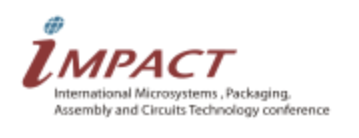Keynote Talks
Advanced Packaging for AI Performance and Power Efficiency
AI is elevating demand for 3D integration technologies to accelerate the pace of advancement for greater intelligence, faster connectivity, increased bandwidth and higher performance with lower latency and power consumption. It has triggered a transformative time in advanced packaging, driving innovation to break through boundaries, extend Moore’s law, enable new applications, and add greater value than ever before. During his keynote, Calvin Cheung will explore the evolution of advanced packaging, while describing the technology innovations being developed to overcome critical challenges related to interconnectivity and bandwidth through the advancement of silicon photonics.
Speaker’s Biography
Calvin Cheung currently holds the position
of Vice President of Engineering and Business Development at ASE. Since joining
ASE over 15 years ago, Calvin has led teams working with system house customers
on complex technology innovations that have resulted in significant market
success within the consumer electronics space. He has held responsibility for
building and leading strong field application engineering teams for
collaboration with customers on technology development and new product
introduction. He is a leading technologist for 2.5D, power integration, and
silicon photonics technology development at ASE.
Calvin has decades of semiconductor
industry experience in silicon product development, from design to
manufacturing. Prior to ASE, Calvin spent many years at AMD, performing a
variety of technology, strategic, and management roles. Latterly, he was
responsible for building and leading the product development engineering group,
which developed and delivered three generations of chipset for AMD’s
microprocessors.
Packaging
at the Emerging Edge
Abstract:
The
connected world is exploding with new features and capabilities in every
imaginable device. This trend is expected to continue for the foreseeable
future with artificial intelligence and machine learning increasingly impacting
devices and applications. How the devices will be architected and packaged is a
challenge for engineers today and into the future. Housed far from data
centers, edge devices reside in active environments, are highly power, thermal,
and cost sensitive, and leverage diverse functions and semiconductor
technologies. Thus, they drive the need for new and differentiated packaging
and heterogenous integration technologies to support them. The keynote will
explore these emerging market and technology dynamics, providing relevant
examples.
Speaker’s
Biography
Glenn
G. Daves is Senior Vice President of Package Innovation at NXP Semiconductors.
He is responsible for package design, package technology development, and
assembly process development in support of NXP’s full product portfolio. Prior
to its acquisition by NXP, Glenn led packaging and printed circuit board
development for Freescale Semiconductor. Prior to that, he led global packaging
product and technology development at the IBM Corporation. He has also held
leadership positions in project management, test and burn-in engineering, and
assembly manufacturing engineering. Glenn holds twenty-seven U.S. patents and
has degrees from Brown University, the University of Illinois at
Urbana-Champaign, and Alliance Theological Seminary. He serves on the National
Leadership Council of World Vision U.S.
Tectonic
forces shaping the future of the semiconductor industry
Abstract
As
we confidently raced into the second decade of this millennium, we were
oblivious to what lie ahead. Just three months in, our world rapidly
transformed in unprecedented ways. With disbelief, frustration, and
heartbreak, our entire civilized world was reconfigured before our eyes. The
COVID-19 pandemic affected all of us in ways that were nearly impossible to
imagine before our lives and industries were forever altered.
Semiconductors were perhaps the most impacted of all where our world’s
awareness of ‘chips’ being made from potatoes gave way to nearly universal
understanding that silicon chips are of utmost importance in our daily
lives. A tiny, spiked module of just 100nm in size was at the core of the
transformation. The pandemic was just one of several powerful forces that
are reshaping semiconductor supply chains, electronic systems architectures and
device design. In this address, we’ll examine our current landscape as
well as the technological and geopolitical forces that are shaping the future
of the semiconductor industry.
Speaker’s
Biography
Tim
Olson is founder, CEO and a director of Deca Technologies, Inc. or Deca.
Tim has served in both CEO and CTO roles as Deca established its industry
leading M-Series™ fan-out and Adaptive Patterning® technologies. Tim previously
served as Sr. Vice President of Global Research & Development and Emerging
Technologies at Amkor where he led global R&D driving the industry’s first
fine pitch Cu pillar flip-chip and POP TMV technologies from idea to high
volume production. Prior to Amkor, Tim was EVP of Products and Operations at
Micro Component Technology where strip test technology went from the drawing
board to an industry-leading approach in terms of productivity, quality and
cost. Tim started his career in semiconductors at Motorola where he led
creation of PRISM, an advanced assembly and test CEO model factory, which
delivered two major innovations to the semiconductor industry:
strip-based final test and 2D codes borrowed from NASA for product tracking and
traceability. Tim graduated magna cum laude from UND with bachelor’s degrees in
mechanical engineering and engineering management. He recently received the
prestigious Founder’s Award from IMAPS. Tim holds over 30 issued patents
relating to packaging, software, equipment, process, and design.
Breaking
Boundaries of IC Packaging through Innovative Integration Technology
Abstract
The
hot demand by generative AI brings lots of requirement for chip design and
packaging assembly. The chip design is transformed from monolithic to chiplet.
The computing platform is transformed into highly interconnected system in
cluster. Data processing in high bandwidth, low latency and high performance is
a must. By enabling the chiplet technology, more compute and memory tiles would
be crammed into the limited area. The denser and shorter interconnect with
lower resistance will be implemented. In the meantime, the chip module and
package size is growing in a fast pace beyond imagination. In this speech, I
would provide a comprehensive introduction on different packaging types with
its own applications, and characteristics analysis on several aspects such as
design, thermal, warpage, electrical and more. In addition, the challenges and
solutions will be reviewed. Last but not least, the recent developments of
Co-Packaged Optic for optimizing efficiency of data transmission will be
addressed as well.
Speaker’s
Biography
Dr
Yu-Po Wang is Vice President of R&D Center, SPIL Yu-Po Wang received Ph.D.
in Mechanical Engineering from Binghamton University, State University of New
York , U.S.A. In 1997, he started career at Gintic Institute of Manufacturing
Technology in Singapore. He joins SPIL in 1998 and leads the R&D Package
Application and Technology Support Team in substrate/package design, material
characterization and advanced package. Dr. Wang has strong knowledge and
experience in packaging characterization including thermal/ electrical
simulation, advanced material(co-development), design and advanced packaging
development. He has over 83 patents in US.
Advanced
Packaging – Customization trends and Standardization opportunities .
This
keynote talk while addressing the recent advancements and challenges in
advanced packaging technologies will point towards to the increasing
customization trends. These customizations are happening in advanced
packaging technologies for HPC/AI, 5G/6G, IoT and Power electronics for various
market segments such as Data Center, mobile and communication networks ,
automotive, industrial applications.
The
talk will bring out several examples of customization trends in Advanced
heterogenous integrated packaging and will discuss the pros and cons.
The
advantages of standardization in terms of quality, reliability and scalability
in manufacturing are challenged with the increasing trends in
customization. Some of the standardization opportunities will also be discussed
during the talk.
Speaker’s
Biography
Devan
(Mahadevan) Iyer Ph.D is a Chief Strategist - Advanced Packaging at IPC
International Inc. Prior to joining IPC in March this year, he was Senior
Vice President managing business units at Amkor Technologies and a Corporate
Vice President at Texas Instruments where he was leading TI’s worldwide
advanced packaging, assembly engineering organizations. Devan has also led
Packaging R&D organization at Institute of Microelectronics (IME) Singapore
and as a Research director led advanced packaging research and industry
consortia at Georgia Tech Packaging Research Center. Devan has more than
200 publications and 35 patents to his credit.
Strategic
Directions for Electronics Packaging
Recent
advances in electronics packaging have come to the rescue as CMOS scaling has
stalled making possible the incredible advances in Artificial Intelligence and
Machine Learning that promise to transform our lives. This journey, however,
has only just begun and much more is yet to come. The key features that will
drive this transformation can be described with the simple strategy of
“scale-down and scale-out” that has characterized monolithic CMOS scaling for
several decades, the drive to chiplets with higher yields, and the ability to
assemble a diversity of technologies on the same substrate allowing us to blur
the lines between monolithic chip and a large heterogeneous assembly of chips.
While, we have made progress towards this goal, the technologies we have
developed have ridden on legacy packaging technologies making such systems
incredibly complex and expensive to build. In this talk we will describe our
approach to simplify packaging at all levels: from design, architecture,
process and manufacturing that have the potential to take packaging to the next
level including the ability to scale packaging systematically. There are many
challenges in this approach. In this talk we will outline these challenges and
show that the adoption of silicon like technology, new cooling and power
delivery approaches as well as design enablement will propel packaging into the
next dimension.
Speaker’s
Biography
Subramanian
S. Iyer (Subu) is Distinguished Professor and holds the Charles P. Reames
Endowed Chair in the Electrical Engineering Department and a joint appointment
in the Materials Science and Engineering Department at the University of
California at Los Angeles. Till recently, he was on assignment to the US
Department of Commerce as Director of the National Advanced Packaging
Manufacturing Program, where he laid the foundational strategy for the national
packaging imperative. He is the founding Director of the Center for
Heterogeneous Integration and Performance Scaling (UCLA CHIPS). Prior to that
he was an IBM Fellow. His key technical contributions have been the development
of the world’s first SiGe base HBT, Salicide, electrical fuses, embedded DRAM and
45nm technology node used to make the first generation of truly low power
portable devices as well as the first commercial interposer and 3D integrated
products. Since joining UCLA, he has been exploring new packaging paradigms and
device innovations that may enable wafer-scale architectures, in-memory analog
compute and medical engineering applications. He is a fellow of
IEEE, APS, iMAPS and NAI as well as a Distinguished Lecturer of IEEE EDS and
EPS. He is a Distinguished Alumnus of IIT Bombay and received the IEEE Daniel
Noble Medal for emerging technologies in 2012 and the 2020 iMAPS Daniel C.
Hughes Jr Memorial award and the iMAPS distinguished educator award in 2021.
Prof. Iyer was also Prof. Ramakrishna Rao Visiting Chair Professor at IISc,
Bengaluru.



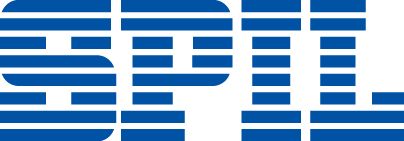


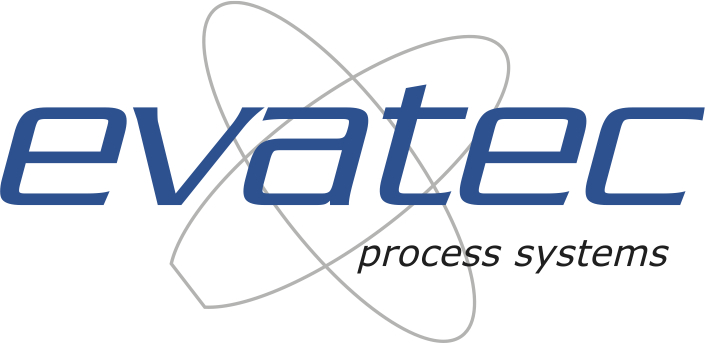
 RGB-1.png)



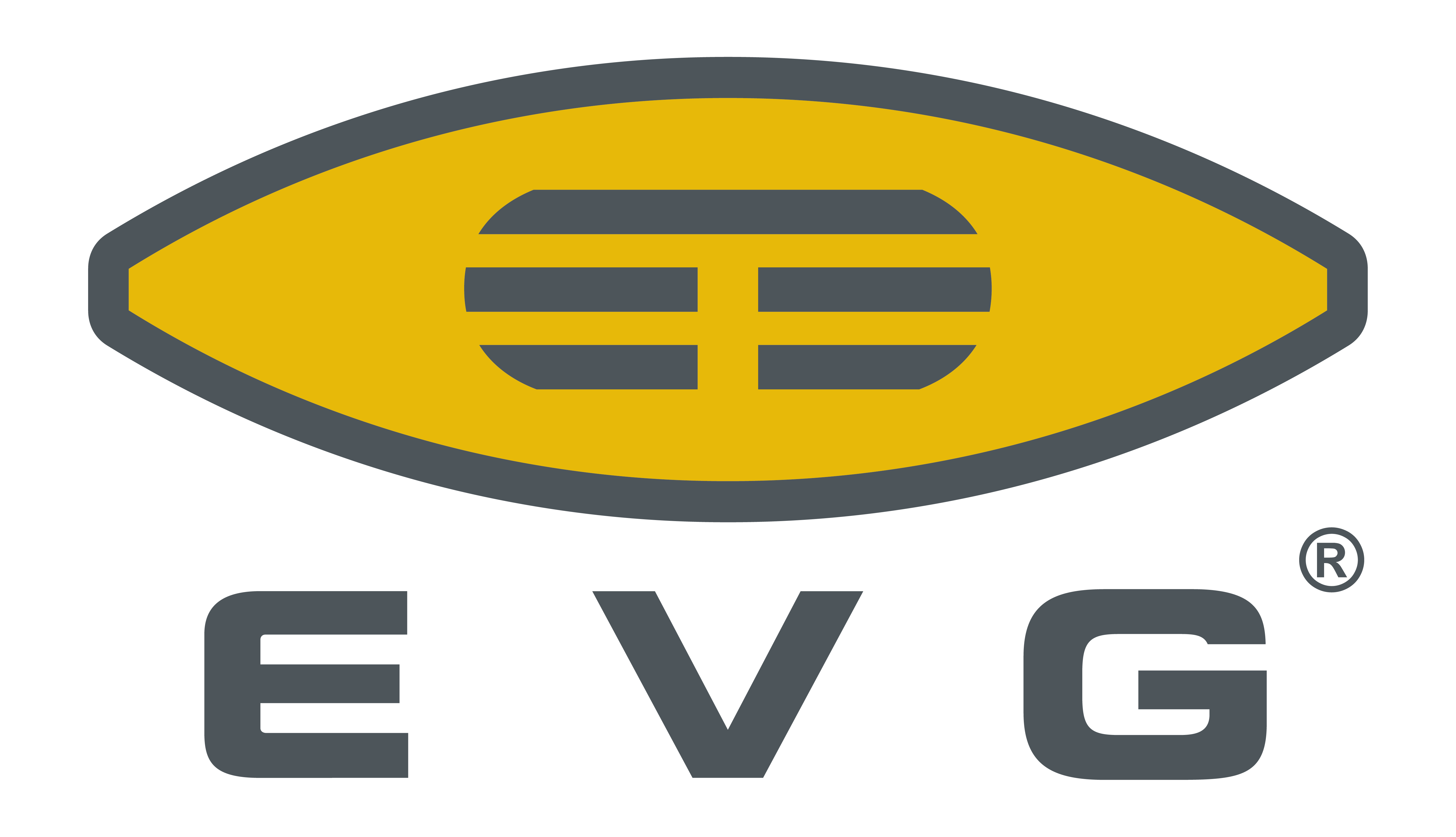

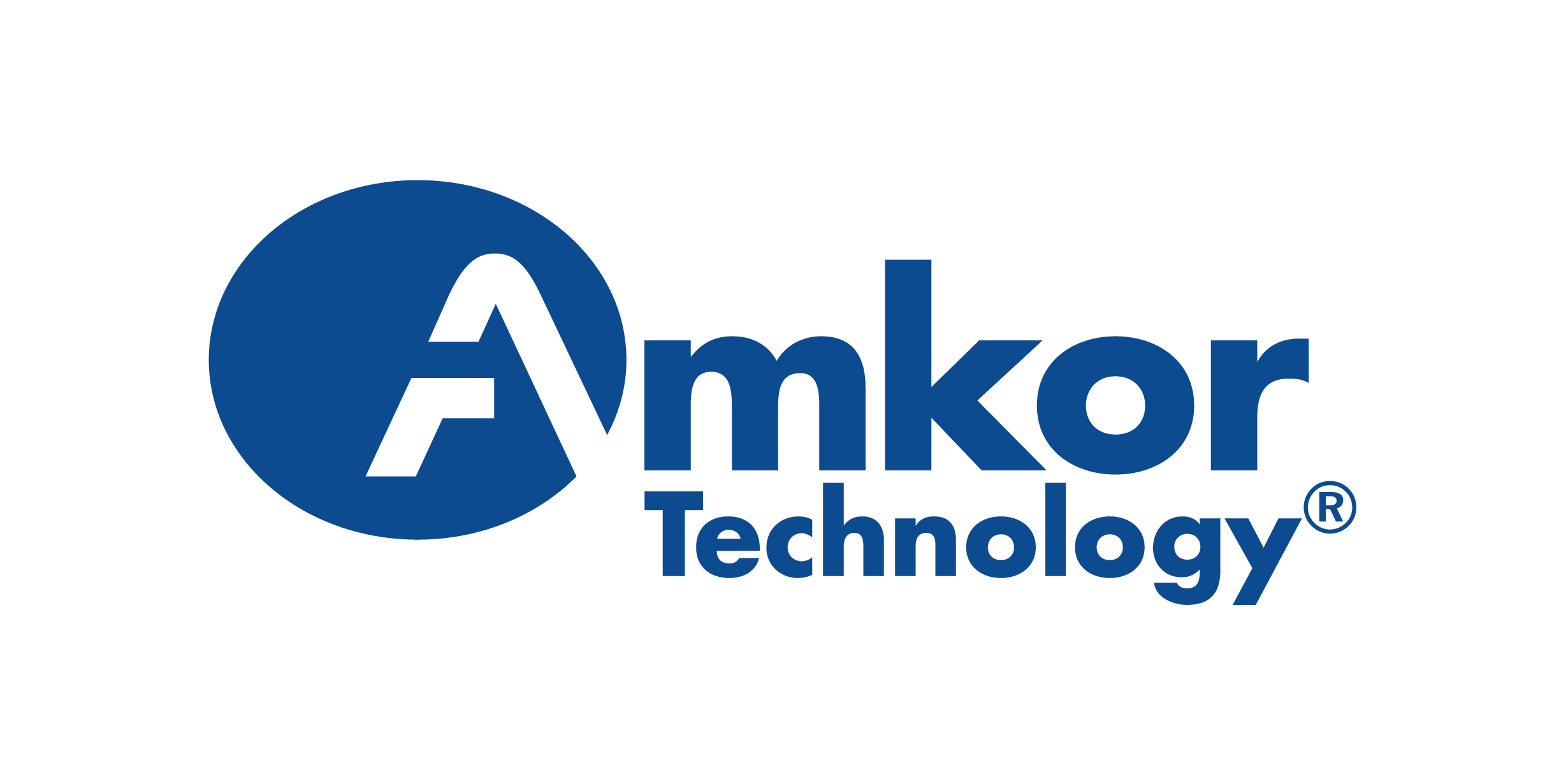
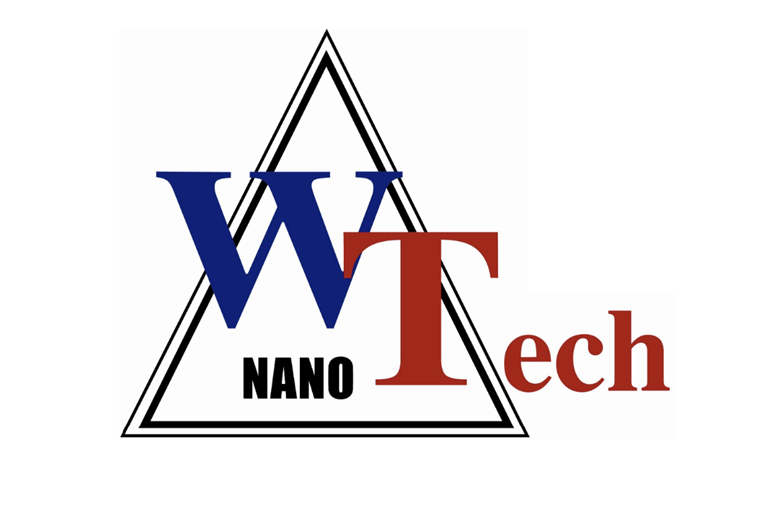




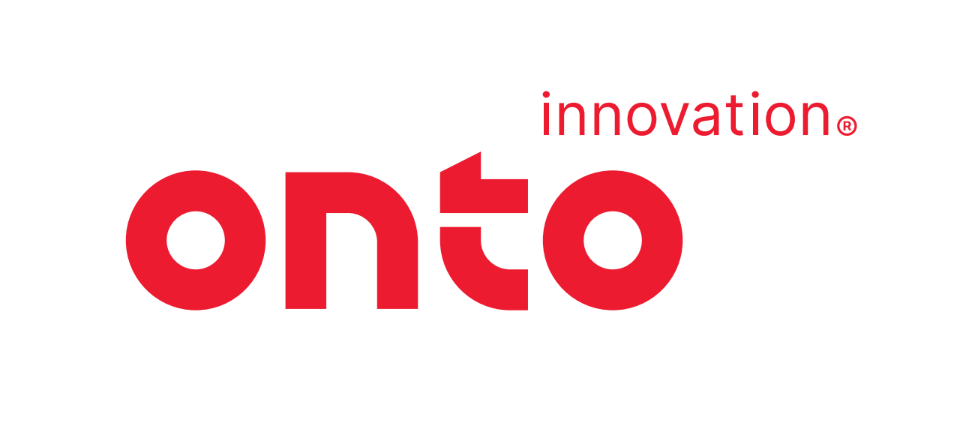



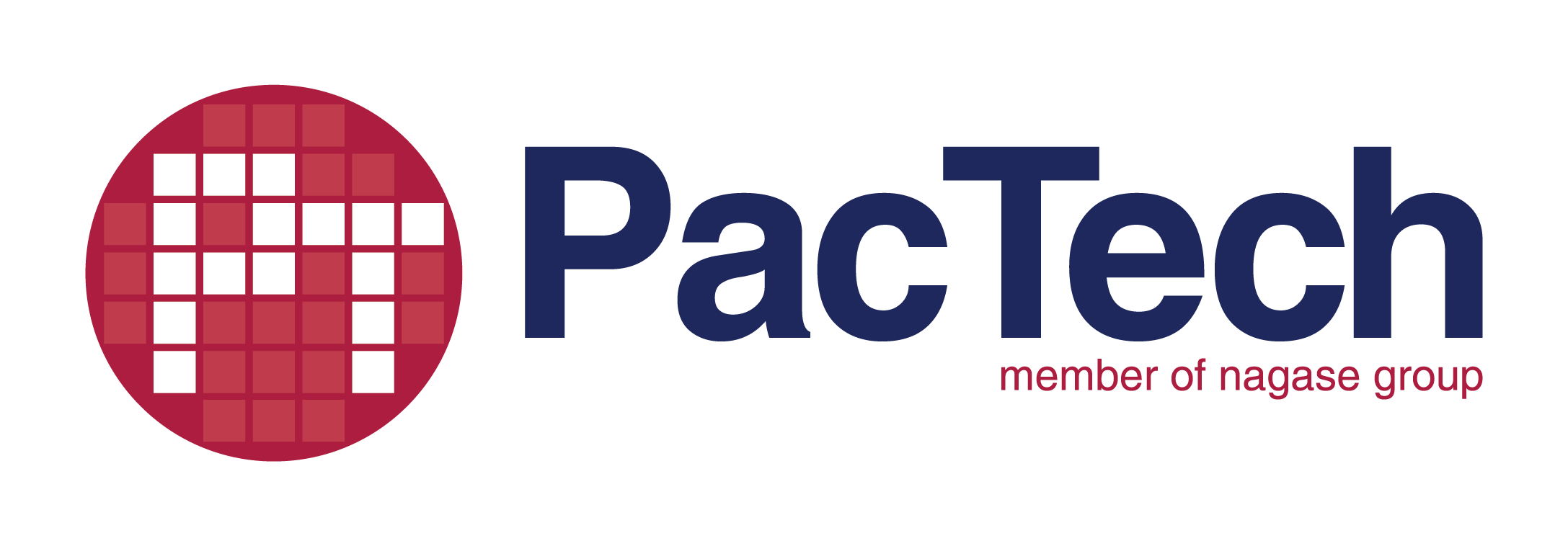
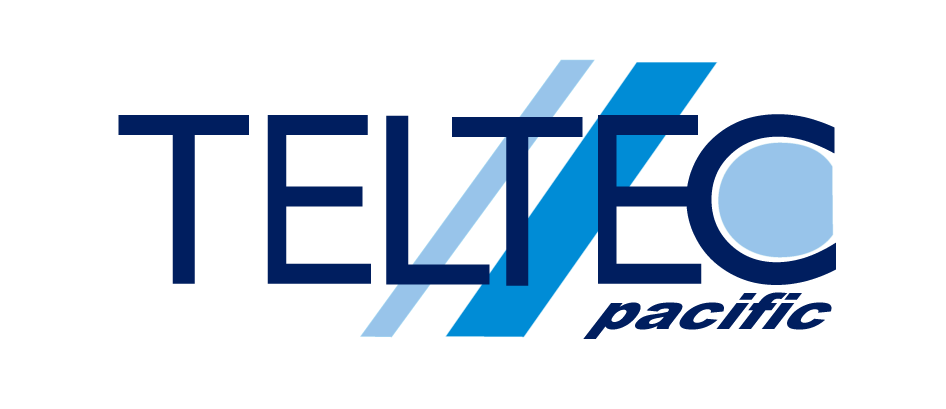

.png)
.jpg)
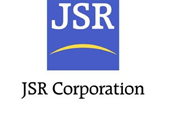






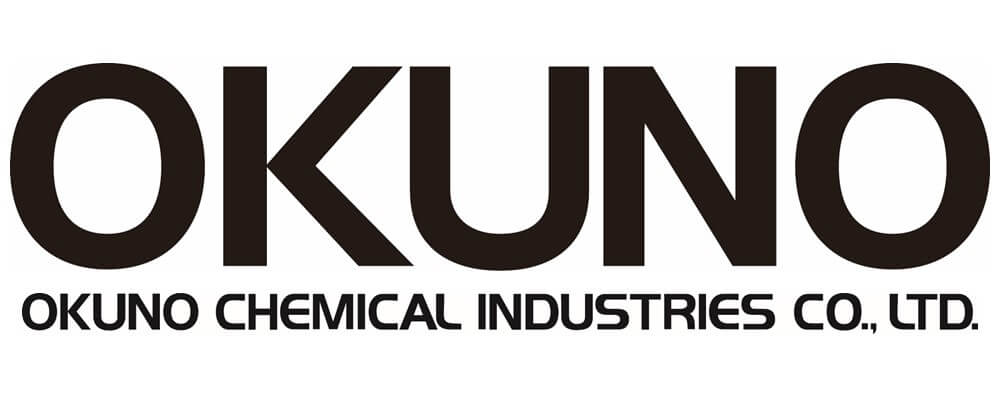

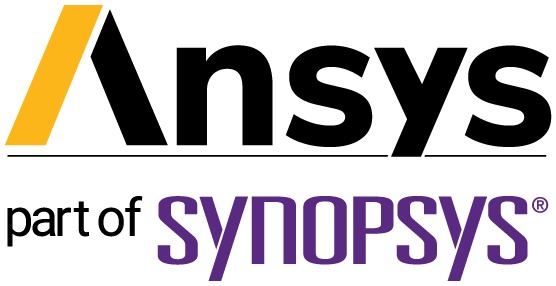
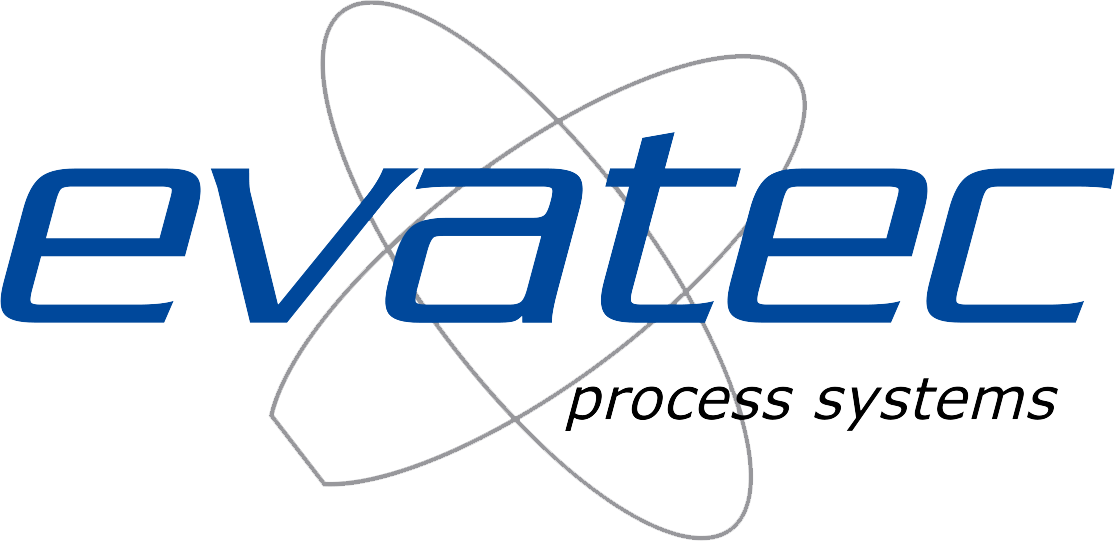



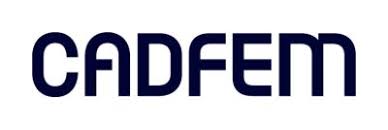

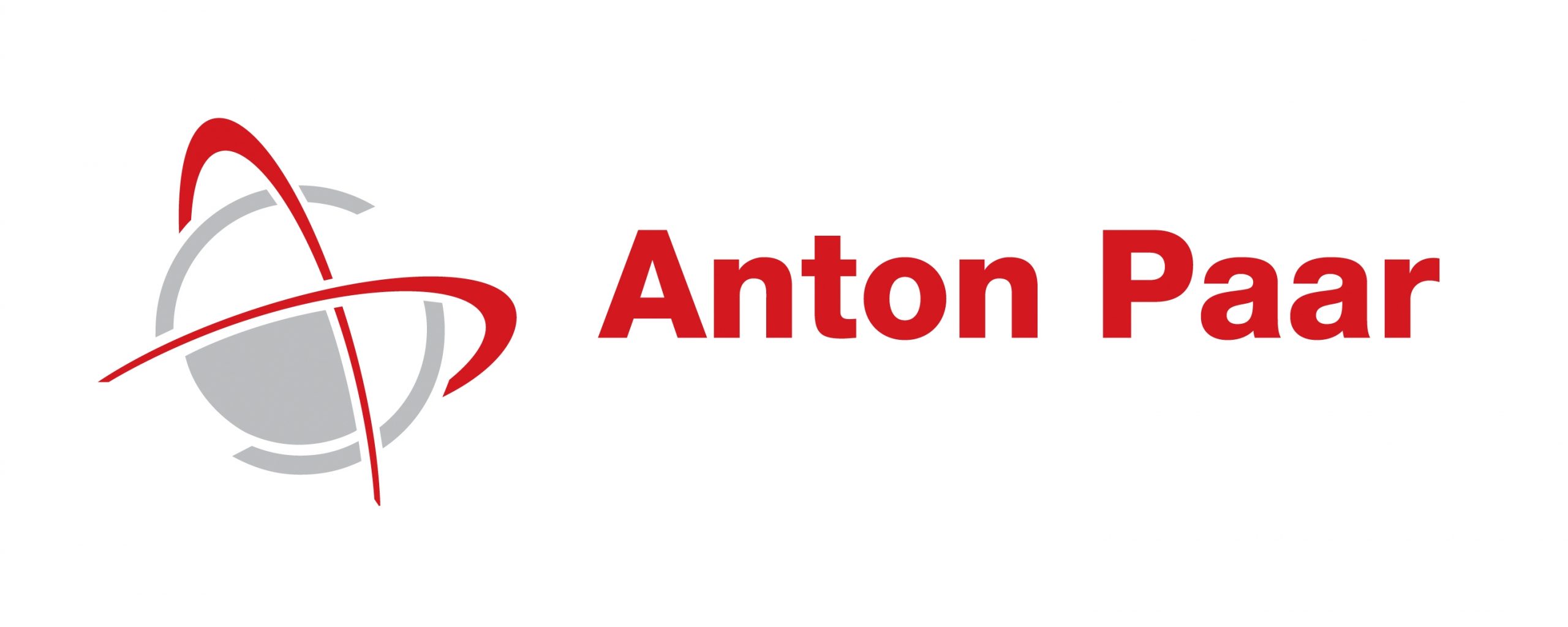

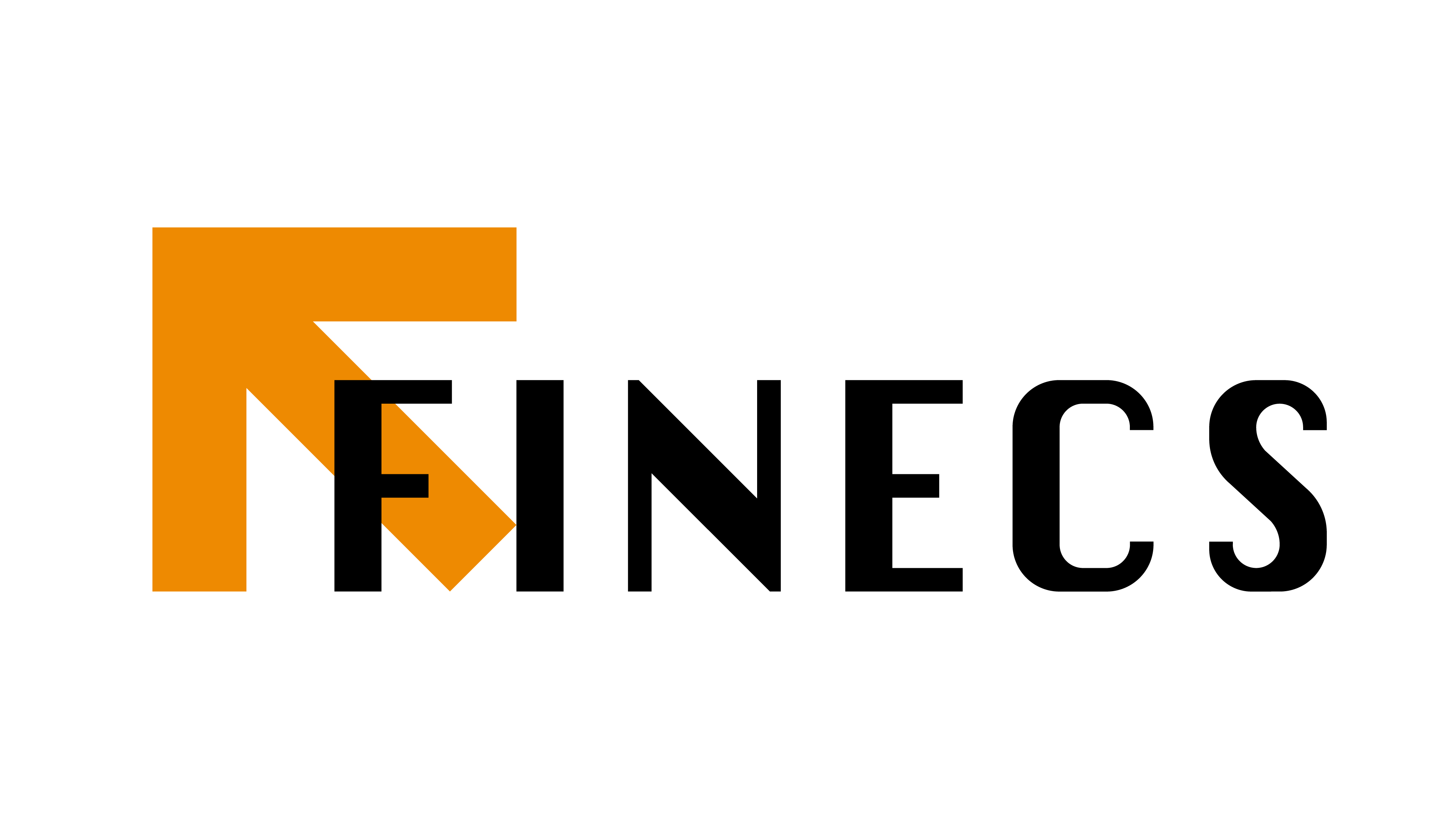

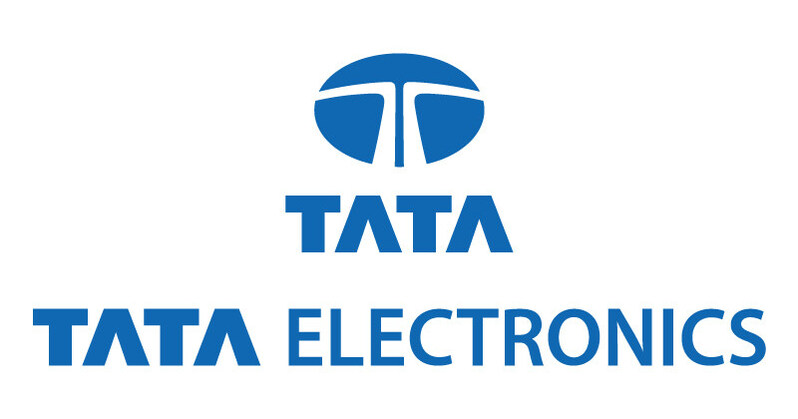











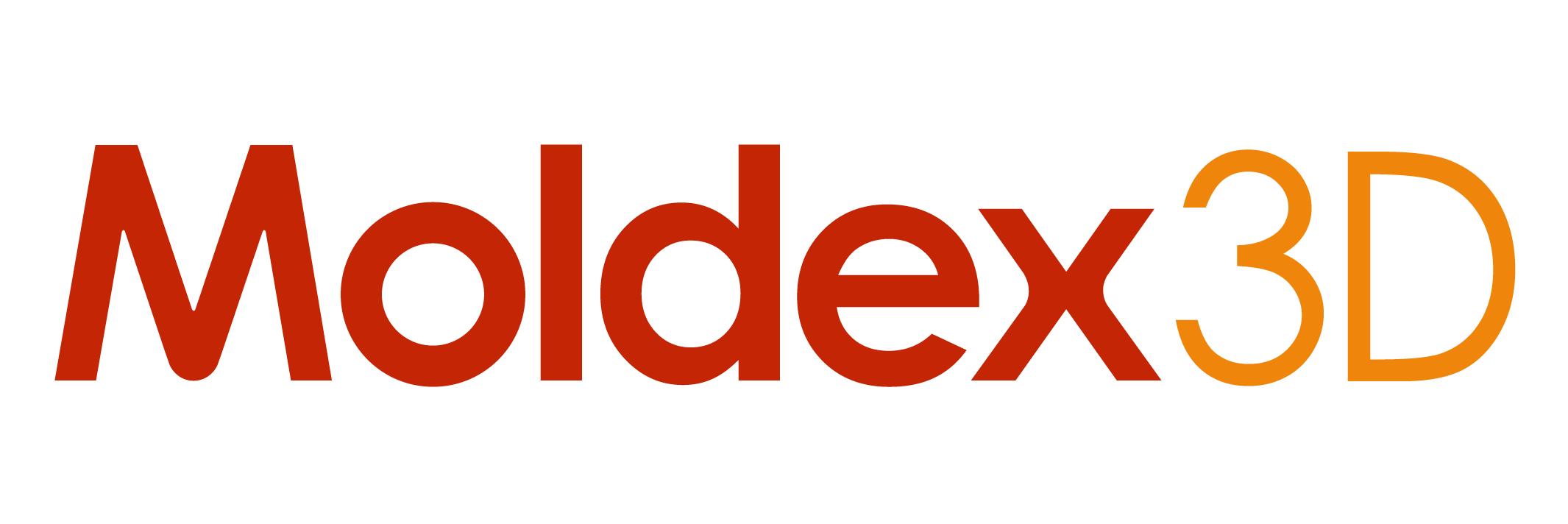
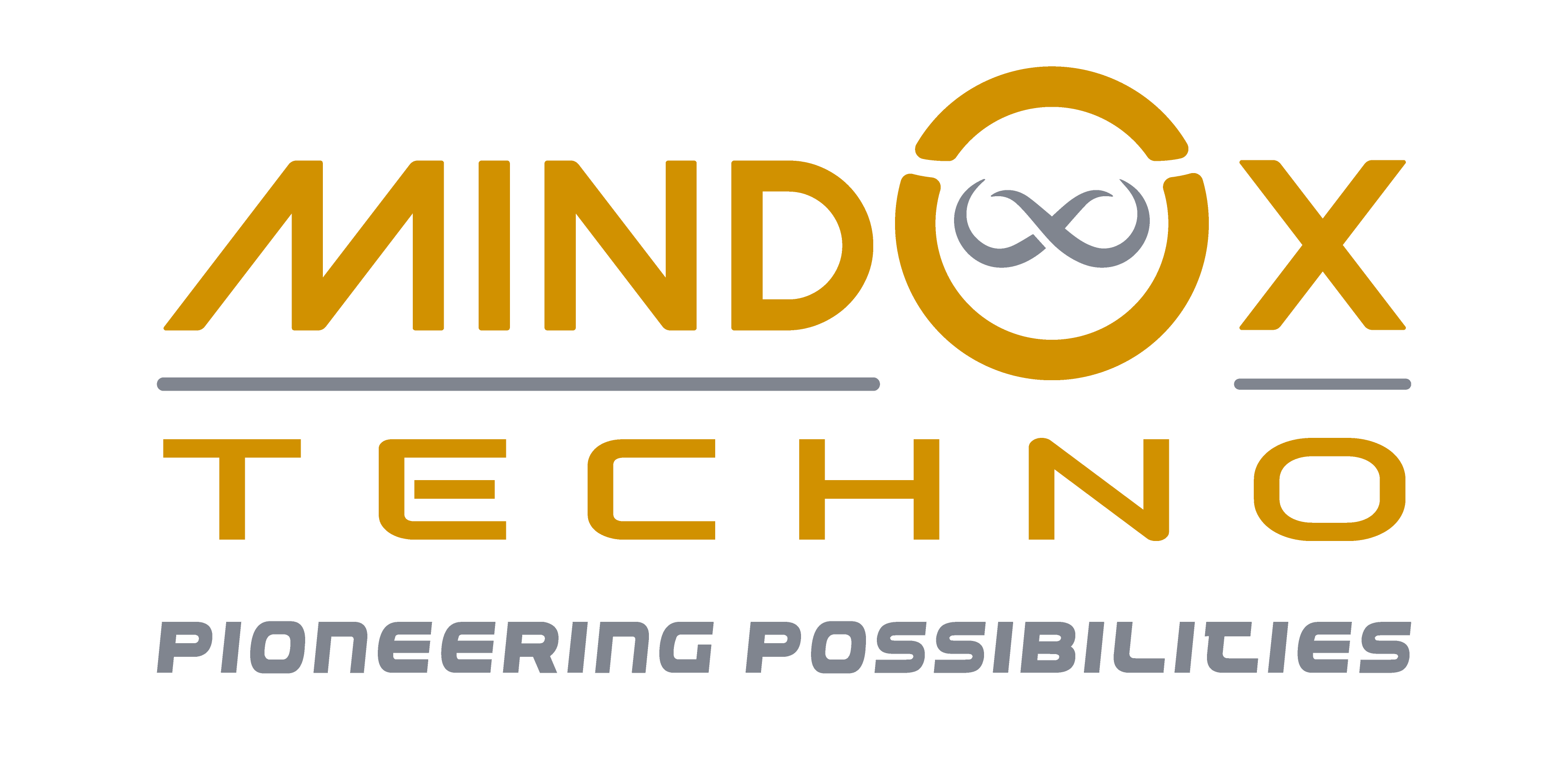

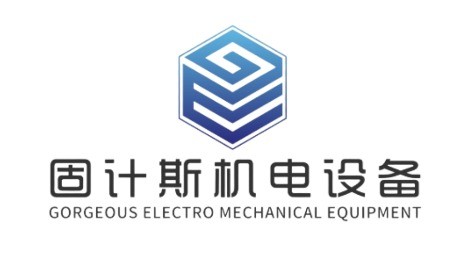
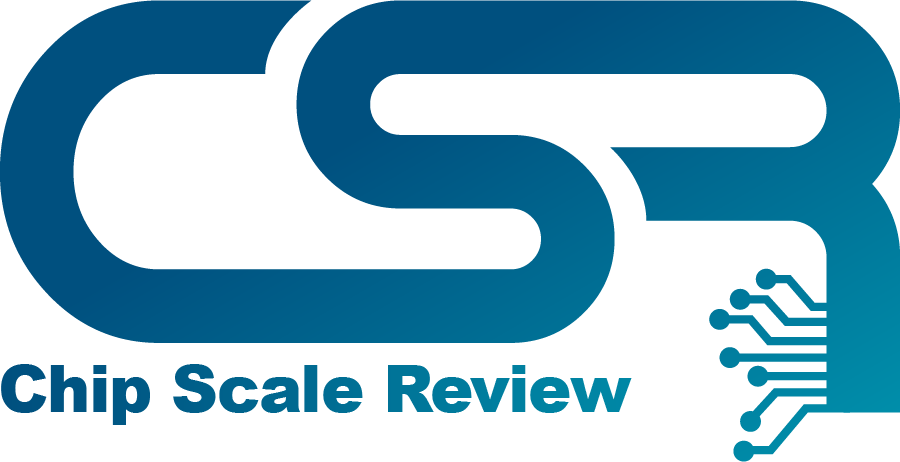

.png)

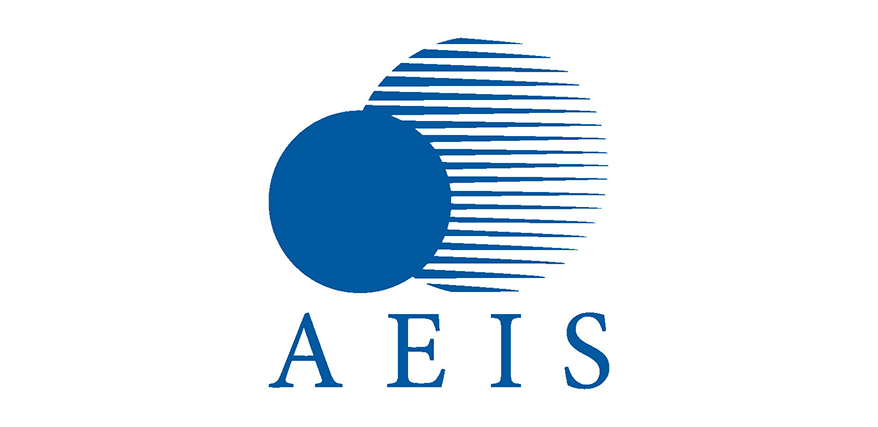
.png)
